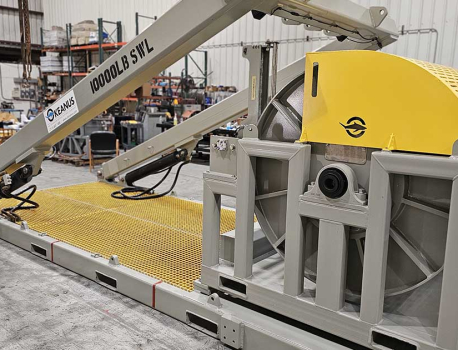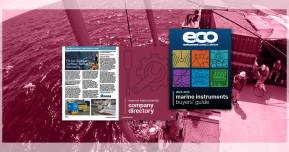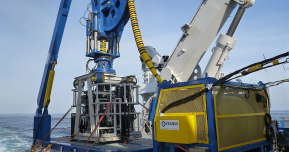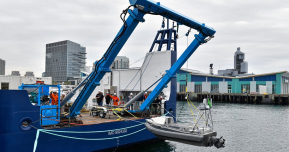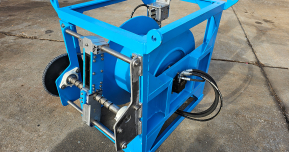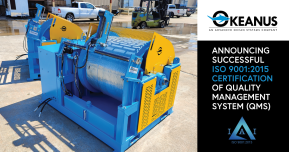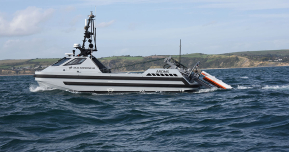In recent years, with a heightened focus on conserving deck space, removing people from harm’s way, and mitigating any potential impacts to the marine environment, offshore operators—in both the government and commercial sectors—have pressed their various supply chains to inject fresh thinking and technological innovation to the way they work at sea.




